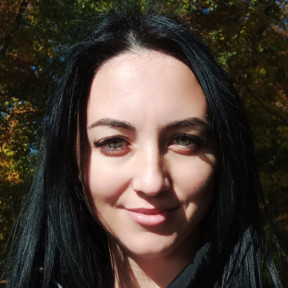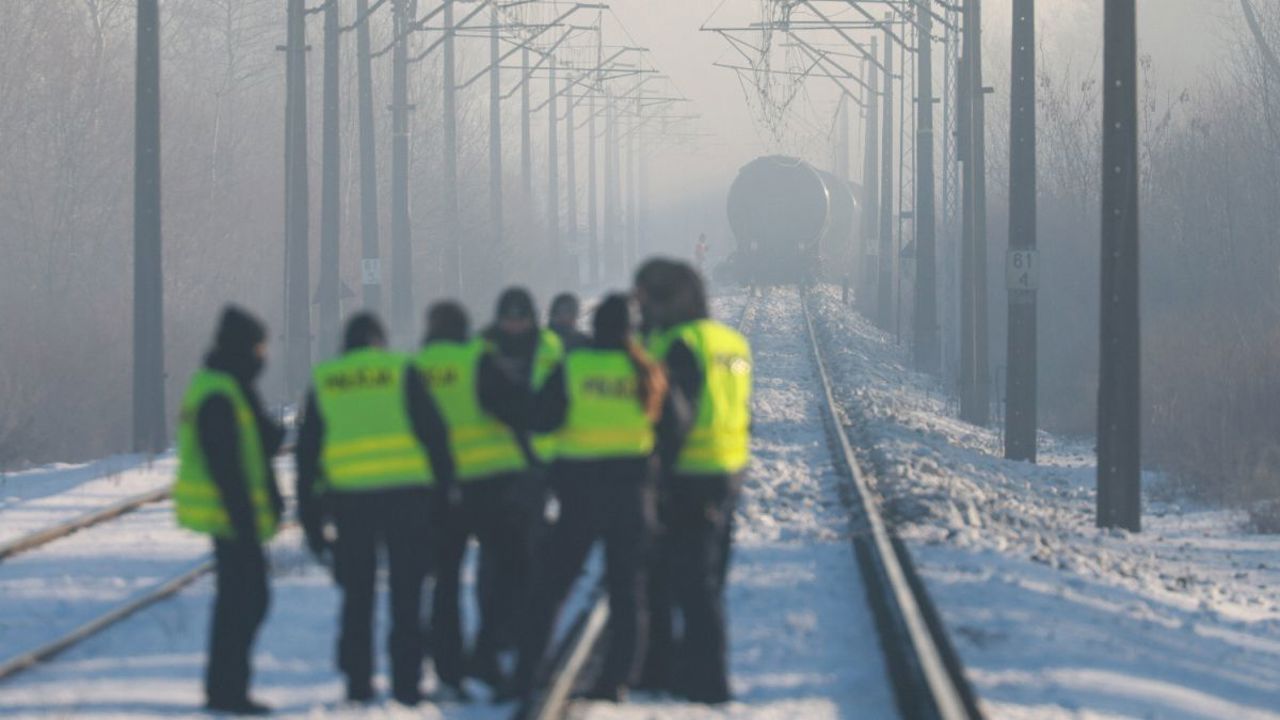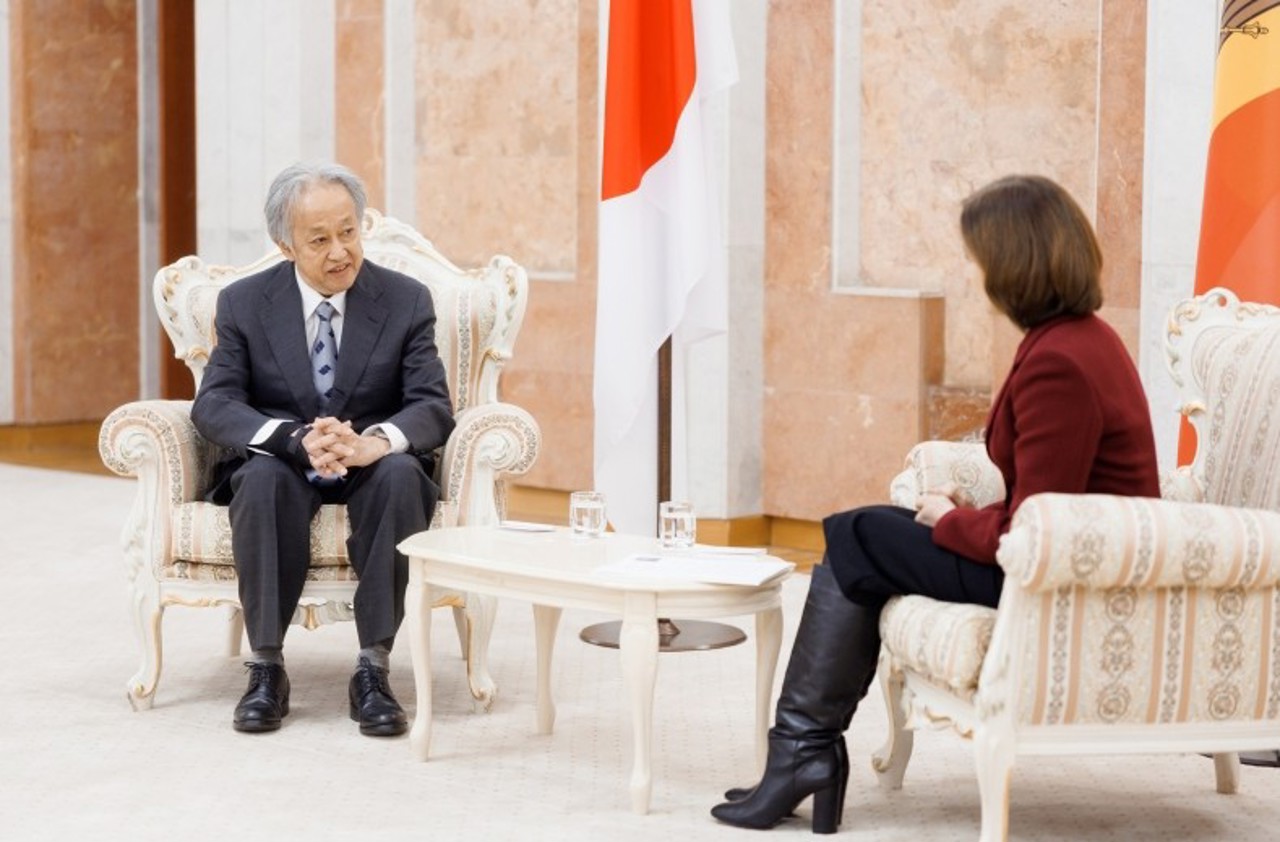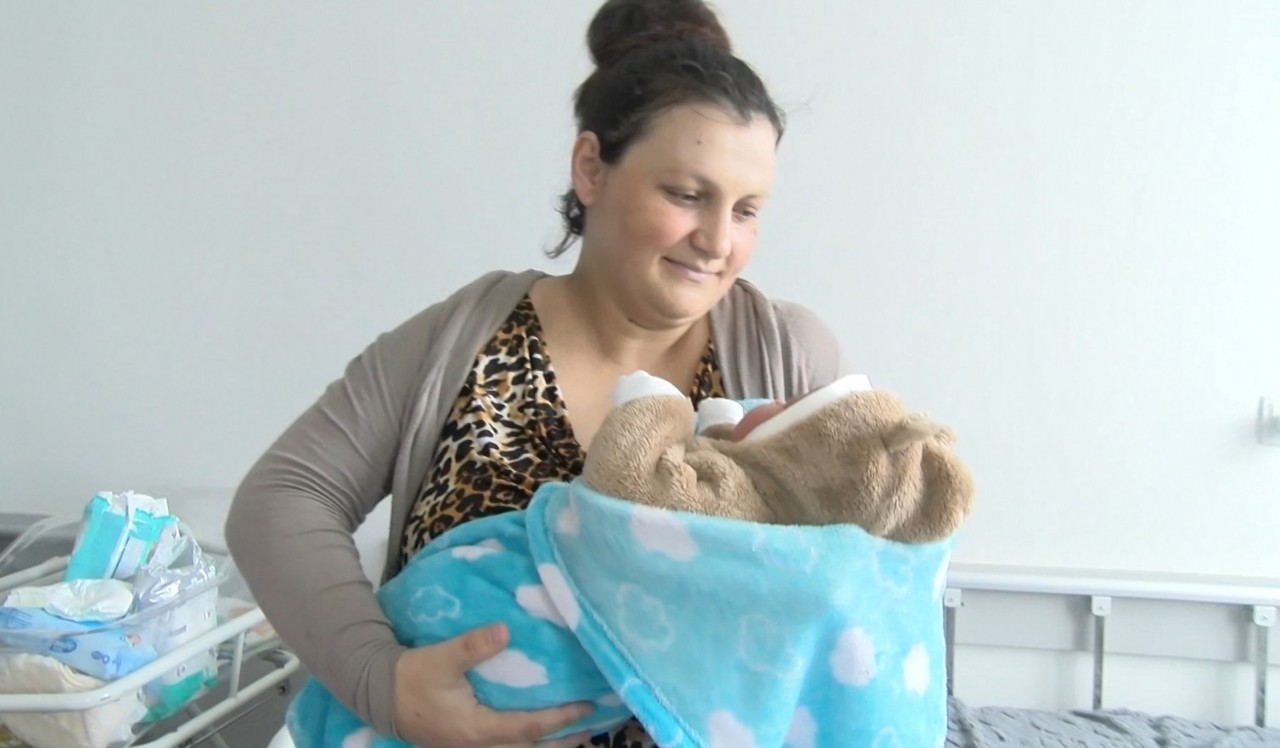Analysis: Tight Race in Slovakia's Presidential Election Runoff
Slovaks are set to head to the polls once again this Saturday for the second round of the presidential elections.
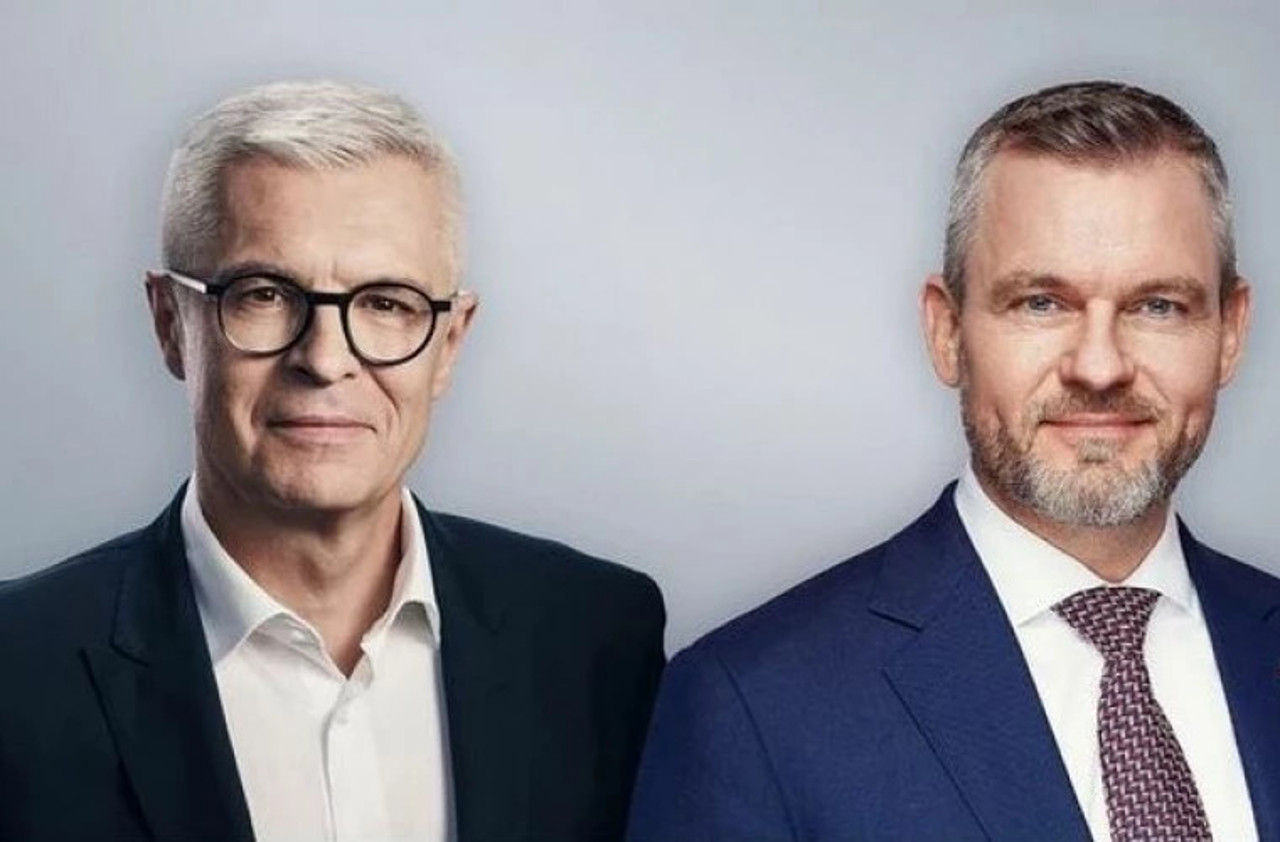
The contest will involve the pro-European diplomat Ivan Korčok, who unexpectedly secured victory in the first round with 42.5% of the votes, and the social democrat Peter Pellegrini (37%), the current president of the parliament and an ally of Slovak Prime Minister Robert Fico, who maintains close relations with Hungary and Russia.
Korčok aims to garner the support of voters dissatisfied with the government's domestic and foreign policies, while Pellegrini criticises his opponent, arguing that he prioritises Brussels' interests over those of Slovakia. However, Pellegrini simultaneously emphasises that the country's membership in the EU and NATO is not in doubt.
In the first round two weeks ago, Korčok, aged 59, garnered 42% of the votes compared to Pellegrini's 37%, but recent polls give Pellegrini a two-point lead.
Political analyst Michal Vašečka from the Bratislava Policy Institute described the upcoming second round as "probably the closest in the history of presidential elections in Slovakia," highlighting that the estimated difference between the two candidates is at the statistical error limit.
Observers have described the contest between Korčok and Pellegrini as a duel between supporters of the Western direction and friends of Russia. However, Vašečka cautioned that this interpretation might oversimplify the situation.
Vašečka also noted that Pellegrini, despite not being openly pro-Russian and pro-Putin, is certainly much less pro-Western and pro-EU, being a candidate of a coalition with such inclinations.
While the President of Slovakia does not wield extensive executive powers, they play a significant role in appointing the government and high-ranking officials in the judiciary. Additionally, they can oppose laws through veto and influence public debate. Critics argue that by winning the presidency, Fico aims to remove such obstacles.
Translation by Iurie Tataru
